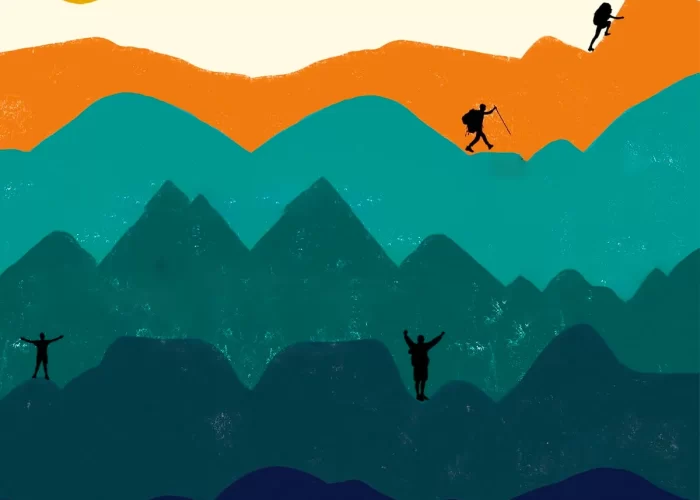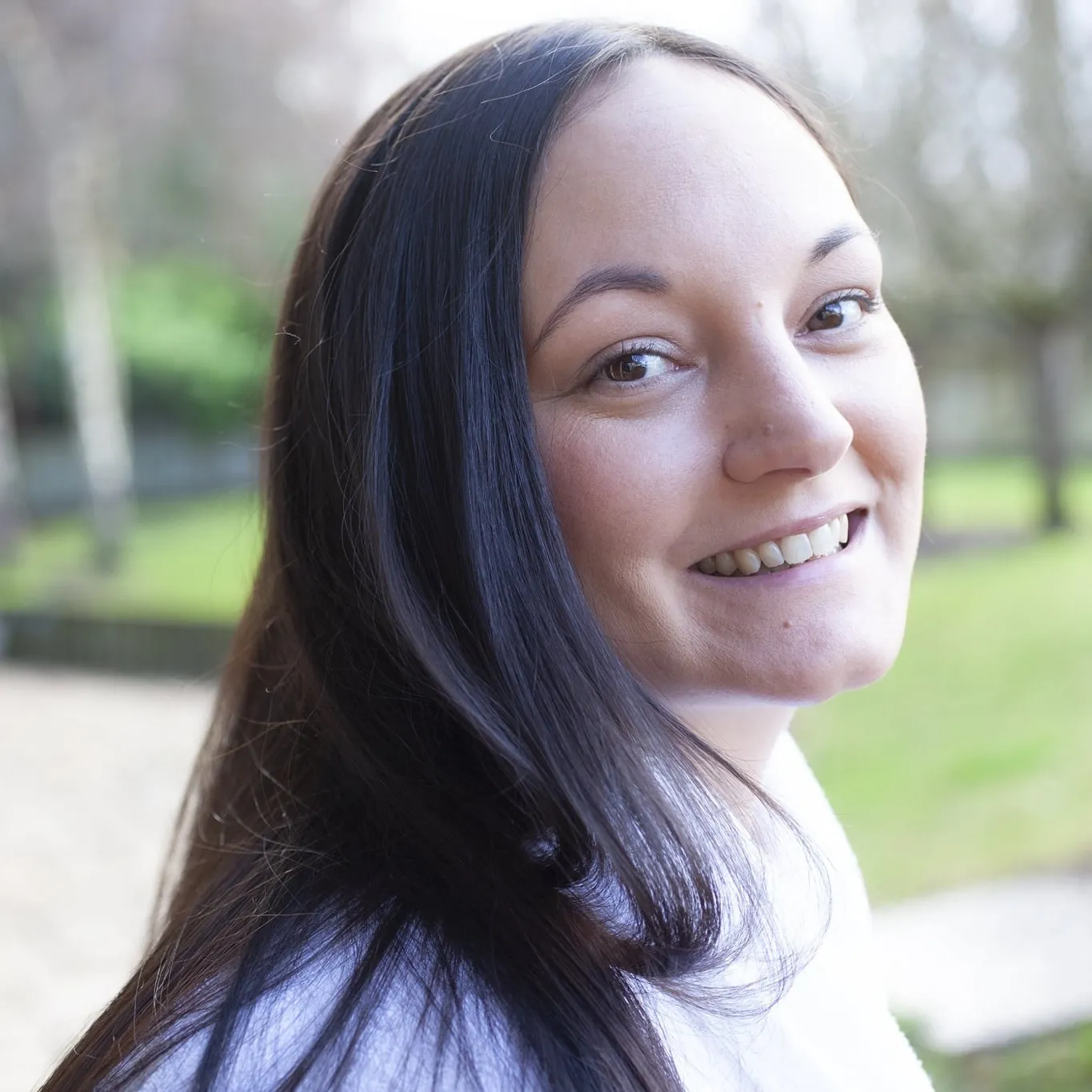I’ve always enjoyed reading books by Sophie Kinsella. You must have heard of the movie “Confessions of a Shopaholic” which Isla Fisher starred in. This was an adaptation of one of Sophie’s most famous books. She always writes heart warming romantic comedies that I can enjoy a good light hearted giggle with. My sister Nikki got me into them. Only recently, I received a newsletter with some very sad news that Sophie has an aggressive form of brain cancer. This prompted me to buy her latest book, “The Burnout” as a show of support. Less than a month later, I was signed off work with stress so it seemed like an apt opportunity to begin reading.
The first few pages may have been a little triggering rather than a distraction from my own situation but I persevered because I knew there would be a happy ending. Fortunately Sasha is also signed off work pretty early in the book and begins focusing on wellbeing, giving me plenty of ideas for my own healing journey. I didn’t follow the same 20 steps as her muse wetsuit girl advised but I guess it’s not too far off. I did make myself a plan of action based on advice from the private work doctor and 111 mental health team who really listened to me and seemed to understand my situation.
I started thinking about what I wanted to use the time to focus on for my own mental wellbeing so I could get back to work stronger and came up with these:
- Regular exercise (nature walks, yoga, barre)
- Prioritise sleep (sleep hygiene with prescription as back up plan)
- Be creative (drawing, painting, blogging)
- Get organised (declutter&clean, life admin)
- Reflect (journal, gratitude)
- Hobbies (Spanish and piano lessons, games, reading)
- Reach out to friends
- Contact mental health referral & local GP
It sounds almost like a holiday doesn’t it? I did consider taking a last minute break but it all felt too overwhelming and I wanted to be around for the plans I had already made. I ended up having to cancel anyway because I wasn’t in a state for being sociable at a birthday party but I have met friends 1 on 1 which has helped a lot, thanks to the mental health team who made me see I needed the support and not to isolate myself which is my go-to reaction when I feel down. Thanks to all my friends who have reached out to check up on me, sending lovely messages of support, offered phone/video calls when I’ve been up to it and met me for walks and chats outside in the sunshine.
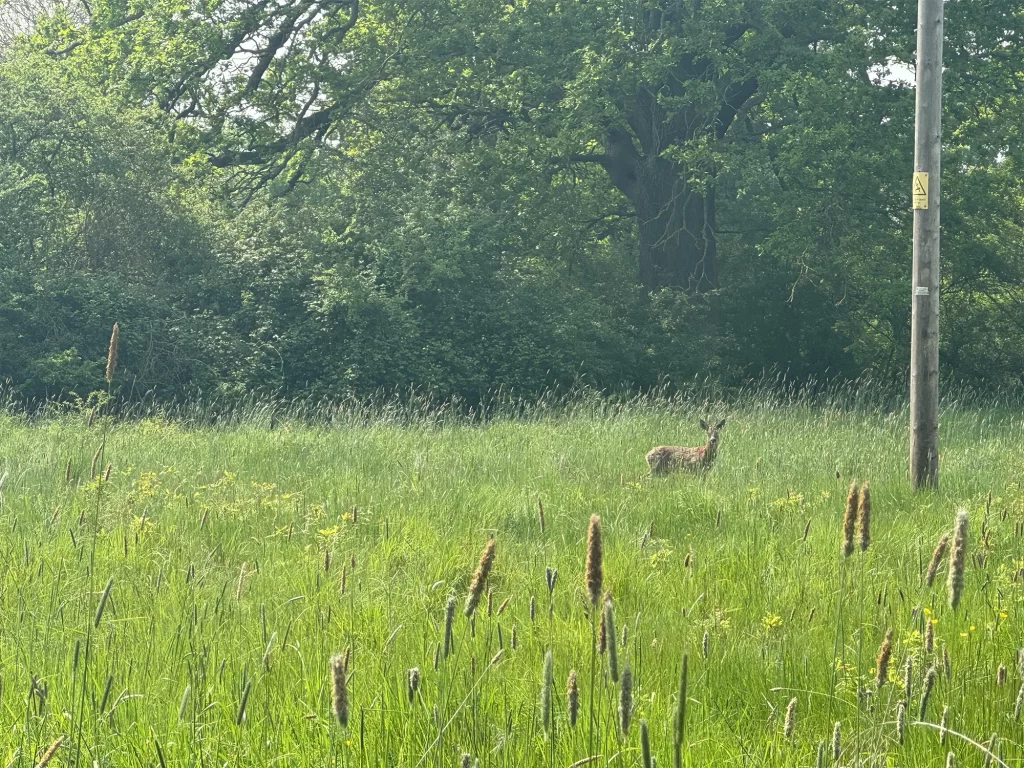
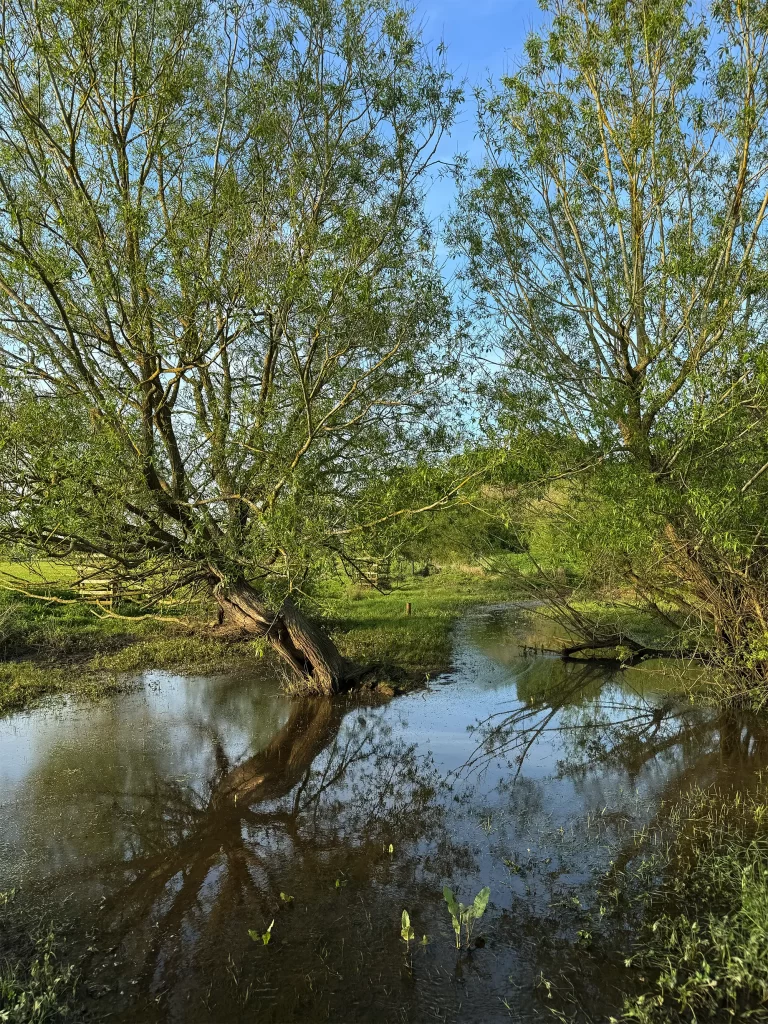
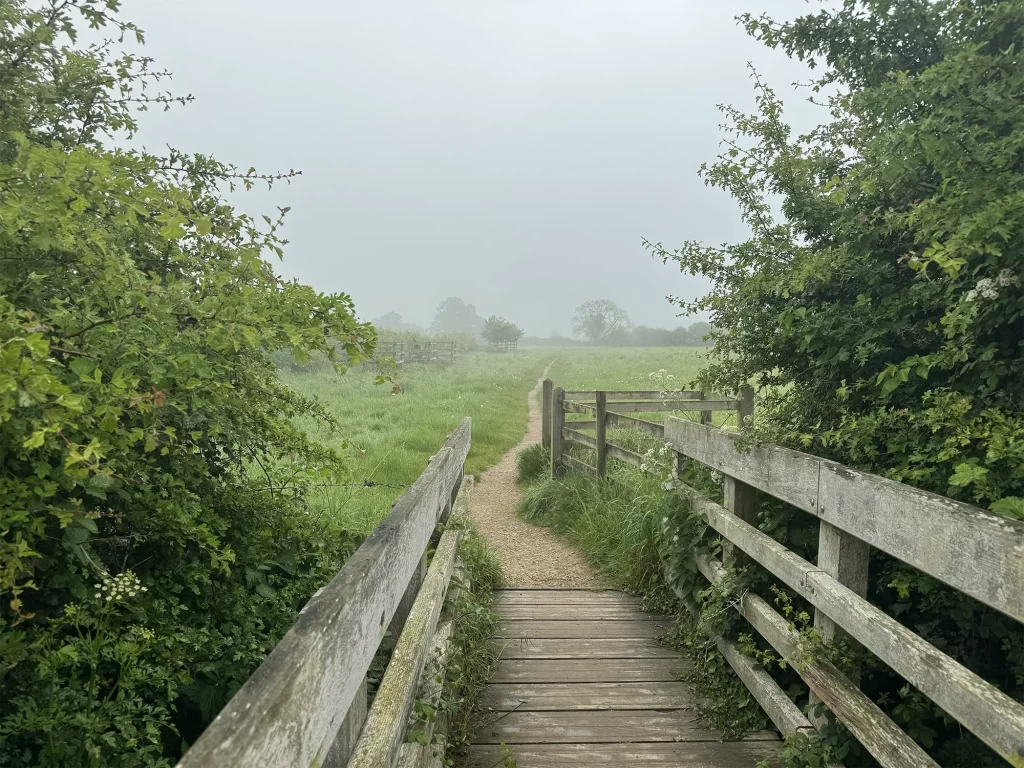
It’s one thing that struck me about the book. Her family sent her away to recover on her own. It made me ever more grateful for my support network. I’ve been able to spend quality time with my husband and my fluff monster Millie in my beautiful home and surrounding nature and I’m really glad I never jumped on a plane to suffer on my own or with perfect strangers. Although, I guess the plot might not have worked out that well if Sasha stayed at home in London instead of returning to the seaside she often visited as a kid, where she ended up falling in love.
I’ve also been detoxing, just like Sasha Worth. No alcohol for me, mainly because I want to ensure I sleep well and I know I don’t when I’ve had even just one drink. I really want a kickback night like she suggested though! I decided against it because I can see that becoming a downward spiral and I really don’t need things to get any worse. Instead I’ve been going for natural dopamine highs of exercise, meditation, learning new skills and simple acts of self care and sorting out things I feel I never have the time for. I didn’t go for the disgusting sounding Noni juice but I did drink a green smoothie and making sure I take my supplements. My appetite is slowly returning but I haven’t been binge eating chocolate biscuits like usual and I’m not sure if that’s a good or bad thing. It’s good because it’s healthier but it seems a bad sign if I don’t even feel like eating my favourite biscuits.
Anyway, this book was light relief during the first few days of my recovery. However I’ve since moved onto a non-fiction “Why has nobody told me this before?” by Dr Julie Smith. I’m only on chapter 7 so far but I can already recommend it for anyone who wants to cope with life’s ups and downs in a less self-destructive way. It covers a lot of the topics you might get in CBT (cognitive behavioural therapy) with toolkits that you can dip in and out of as necessary. So far I’ve really resonated with the all or nothing thinking bias and the downward spiral of losing motivation to do anything which might help in the long term because of low motivation. What is great about this book is you don’t have to talk to a stranger about the inner workings of your mind. You can work through your issues in private if you prefer unlike regular therapy. It can also help by providing the language to describe your own experiences and understand them better.
I’m a big advocate for mental health awareness and it’s currently mental health awareness month so I wanted to share my experiences and recommendations. I think the most important thing I’ve learned is it’s Ok to ask for help and that exercise, sleep, nutrition and human connection are important ingredients for mental wellbeing. They won’t fix all your issues individually but they set you up for successfully overcoming or coping with life’s problems. We all have adversity at some time of life but it will seem more manageable if you have the ingredients already stocked up.
ADDITIONAL INFORMATION
buy the book: the burnout by Sophie Kinsella
buy the book: “Why has nobody told me this before?” by Dr Julie Smith
